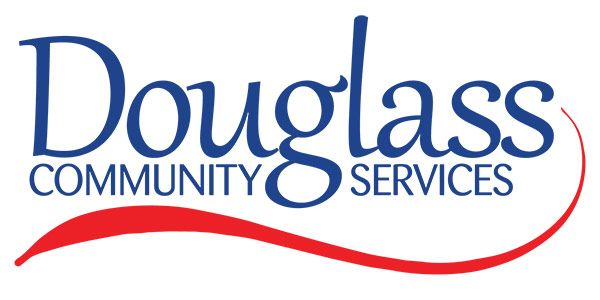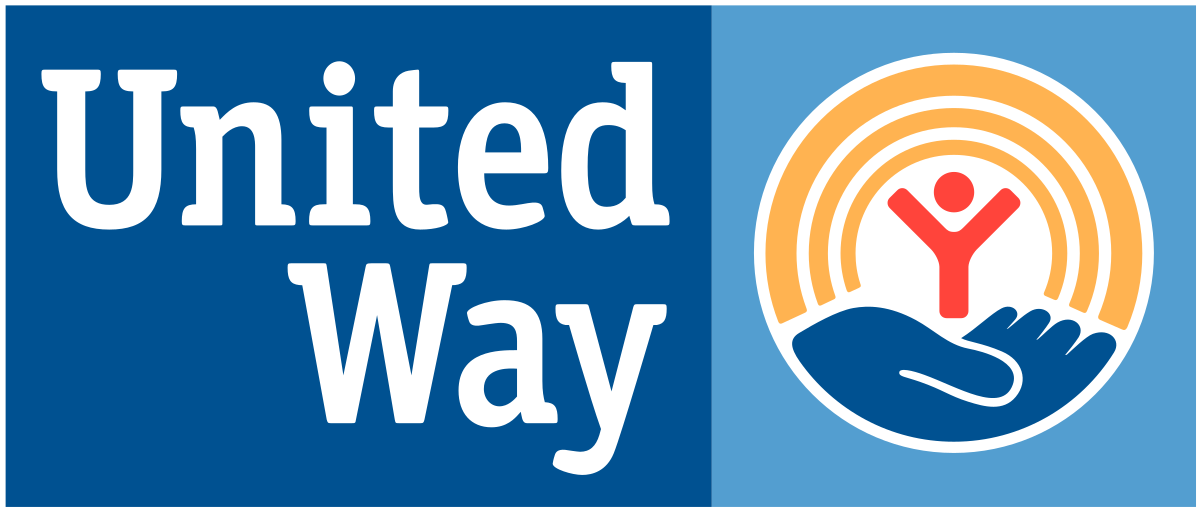909 BROADWAY, HANNIBAL MO 63401 | PHONE: 573-221-3892

DOUGLASS COMMUNITY SERVICES
CASA
At Douglass Community Services, we believe in the power of connection and support. That's why we have trained adult volunteers who are assigned to children in foster care, acting as both mentors and advocates. Our CASA volunteers undergo extensive training to effectively communicate the best interests of the child to the court. They provide guidance and support until the child is reunited with their birth family or finds a permanent placement. Together, we create a strong and nurturing community for everyone involved.
Ways to help:
Volunteer to be a CASA. Help the CASA program raise local funds and awareness to keep the program in our community.
CASA VOLUNTEERS
Each day in this nation, 1,900 innocent children fall victim to abuse or neglect, and, tragically, four of them will lose their lives. These heart-wrenching statistics serve as a solemn reminder of the urgent need for action.
Court Appointed Special Advocates (CASA) for Children is an extensive network of 933 community-based programs. Our mission is simple yet profound: to recruit, train, and provide unwavering support to compassionate citizen volunteers who champion the best interests of abused and neglected children both within courtrooms and communities.
These dedicated volunteer advocates, armed with the empowerment bestowed upon them by the courts, furnish judges with crucial information. Their invaluable insights ensure that each child's rights and needs are diligently addressed during their time in foster care.
Our volunteers tenaciously stand by these vulnerable children until they find their forever homes filled with love and care. For countless abused children, their CASA volunteer is the only unwavering adult presence in their tumultuous lives.
Within the 10th Judicial Circuit, encompassing Marion, Monroe, and Ralls Counties in Missouri, Douglass Community Services CASA trains and supports volunteers who independently advocate for the best interests of abused and neglected children. Our tireless volunteers wholeheartedly promote and uphold each child's fundamental right to a secure, permanent, and nurturing home.

CASA HISTORY
In 1977, a notable Seattle Superior Court Judge named David Soukup found himself troubled by the lack of sufficient information when it came to making decisions on behalf of abused and neglected children. It was during this time that he conceived the brilliant idea of enlisting the support of community volunteers to advocate for these vulnerable children in court. Thus, he put forth a call for volunteers to become Court Appointed Special Advocates (CASA®). The response was remarkable, with fifty compassionate citizens stepping up to the plate, marking the beginning of the esteemed CASA movement. Ever since the inception of CASA advocacy, these dedicated volunteers have played a pivotal role in assisting countless children in their quest to find secure and permanent homes.
-
What is CASA?
Court Appointed Special Advocates (CASA) are highly trained volunteers who speak for the best interest of children removed from their homes due to abuse or neglect.
-
What do CASA Volunteers do?
CASA volunteers are appointed by the Juvenile Court to be the voice for children who have been removed from their homes due to abuse or neglect. Our volunteers see their assigned child at least once a month and gather information related to their child’s circumstances. The volunteer advocates for the child’s needs in a variety of areas, including educational, medical, and court settings. Advocates make recommendations to the court about what is in a child’s best interest.
-
How do I become a CASA?
If you’re interested in becoming a volunteer advocate for a child in need, please contact us to get an application. You will be contacted by a CASA staff member to arrange an interview. A check of your background and references will be conducted. Upon completion of 30 hours of pre-service training, you will be sworn in as an advocate and assigned a case. Volunteers must be at least 21 years of age and pass a criminal history and Children’s Division background checks.

909 BROADWAY | Hannibal, MO, 63401
Phone: (573) 221-3892
All Rights Reserved | Douglass Community Services | Website Design by DMO Promo Marketing & Design